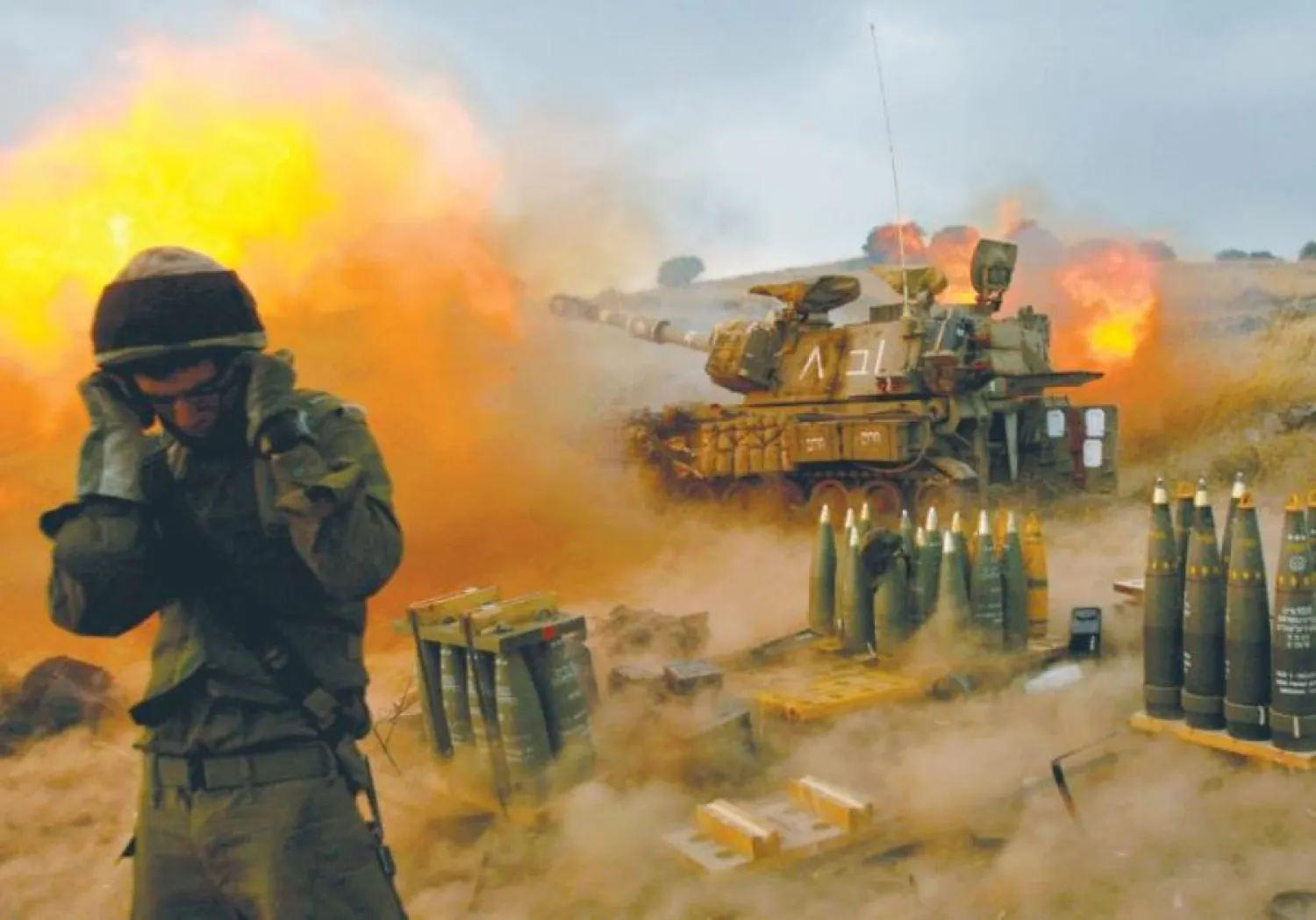Beirut — The Lebanese government is trying to stay away from the recent escalating debate between "Hezbollah" and Israel, which has highlighted a high probability of war between the two sides, despite recent accusations by Tel Aviv that the Lebanese Army has become an integral part of "Hezbollah".
While the Cabinet, which convened on Thursday under the chairmanship of Prime Minister Saad al-Hariri, did not tackle the new development, nor did it issue any direct official response to the Israeli statements, President Michel Aoun stressed before his visitors that Lebanon would face mounting pressure through unity and solidarity among all the Lebanese people.
“Lebanon has been able to save itself since the Israeli aggression back in 2006, when Israel did not aim to occupy Lebanon, but to cause internal strife. The Lebanese have enough awareness and we have surpassed this stage,” he stated.
The President went on to say that Lebanon today faced a new reality and was currently under great pressure.
“We will face this pressure with our unity, solidarity, and national will, which have achieved countless victories in the past," he noted.
However, Aoun did not comment on recent statements by Israeli Defense Minister Avigdor Lieberman, who warned that the next “war in the north will not only be the Lebanese front, but rather a united front made up of Syria and Lebanon.”
Lieberman also said: “The Lebanese army has lost its independence and has become an integral part of "Hezbollah".”
Earlier this week, Washington has offered up to $7 million for information leading to the detention of Talal Hamiyah, head of "Hezbollah’s" foreign operations, and up to $5 million for Fouad Shukr, a top "Hezbollah" military operative.
Although sources close to "Hezbollah" said that “the drums of war are nothing but drums of pressure and blackmail,” stressing at the same time that the possibility of an actual war should not be neglected, military experts are divided between those who assert that “psychological warfare will not turn into a military confrontation,” and those who talk about a 50 percent probability of war, as a result of continued escalation by the parties to the conflict.
Retired Brigadier General Dr. Mohammad Ramal ruled out a scenario in which Israel would launch a war soon, stressing that it was “not ready and seriously considers "Hezbollah’s" threats to target the infrastructure and the Israeli society as a whole.”
For his part, the head of the Middle East and Gulf Center for Military Analysis, Riad Kahwaji, noted that the size and frequency of Israeli maneuvers, in addition to the American-Israeli position against Iran and Hezbollah, which is taking an upward trend, “all indicate the 50 percent possibility of war, which is not a low percentage at all.”









